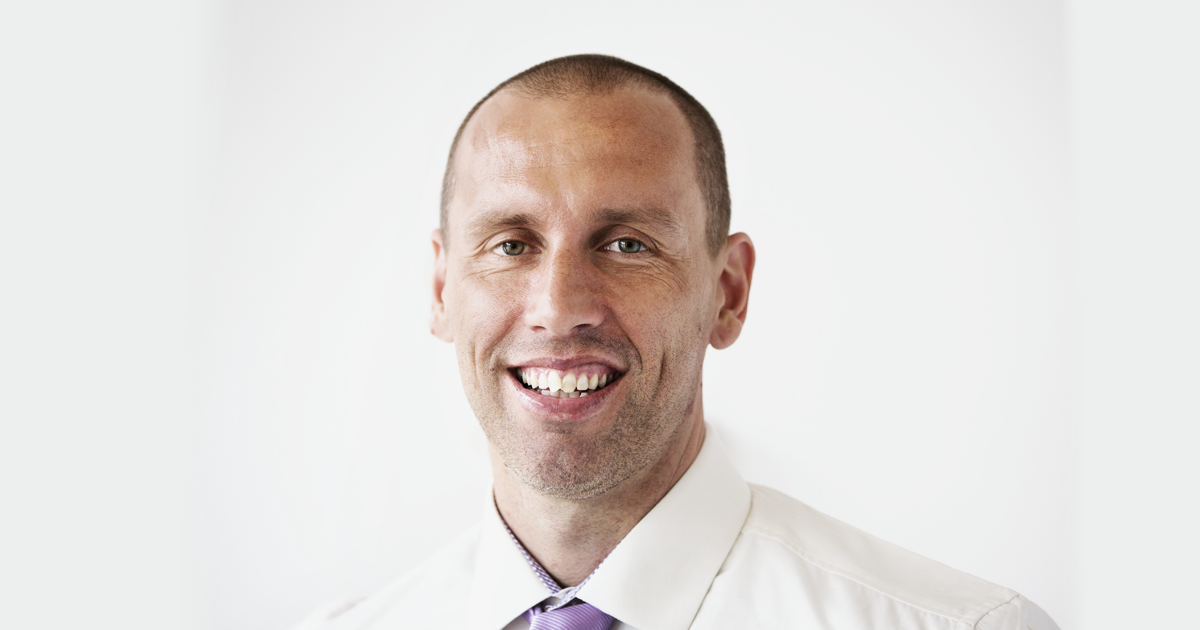“Political reforms to prolong working life may not align with individuals’ intentions for retirement”
13th of May 2020

Course leader presentation: Lars L. Andersen
Prolonging Working Life among Senior Workers
15th – 17th of September 2020, Voksenåsen, Oslo, Norway
What is your background?
My background is in human physiology (University of Copenhagen) and I work as Professor at the National Research Centre for the Working Environment in Copenhagen, Denmark.
My current research on work environment covers 1) epidemiological studies to investigate risk factors for sickness absence and disability pension 2) randomized controlled trials with physical exercise programs and participatory ergonomics to prevent and reduce back or neck pain and to improve work ability and wellbeing, 3) laboratory studies with physiological measurement to study responses to office work as well as heavy and fatiguing work, 4) Research to Practice, 5) healthy senior working life.
Why do you think the prolongment of working life is an important and current issue to discuss in 2020?
Due to demographic changes in most parts of the world, sometimes referred to as the ‘ageing society’, there is a strong political drive to maintain the labour force by prolonging working life through increased retirement age. However, individual retirement intentions and the timing of retirement is an outcome of complex and dynamic processes that may not be in line with the intentions of political reforms.
Some senior workers are involuntarily pushed out of the labour market before time, e.g. due to poor health, high work demands, or age discrimination (PUSH factors). Others may choose retire early due to attractive retirement schemes and/or norms and conventions (PULL factors) or due to the need to realize potentials, wishes, and needs, e.g. travelling the world or spending time with the family (JUMP factors). Others choose to retire late, e.g. because of a fulfilling job and good colleagues (STAY factors). Yet again, others may feel forced to work to a high age, e.g. due to economic needs, even though they have poor health and would prefer to retire (STUCK factors). All these factors are important to discuss to ensure that retirement intentions are in line with political reforms.
What would you like to say to the participants of the course?
Dear participants, I would like to give you a warm welcome to the course in Norway. I have participated in many NIVA courses during the last 10 years, and it has always been a pleasant experience, not only due to the high-quality scientific content, but also the warm atmosphere, great locations and social programs.
More information: Course web page
Registration: Course registration
Last registration date: July 1st 2020
